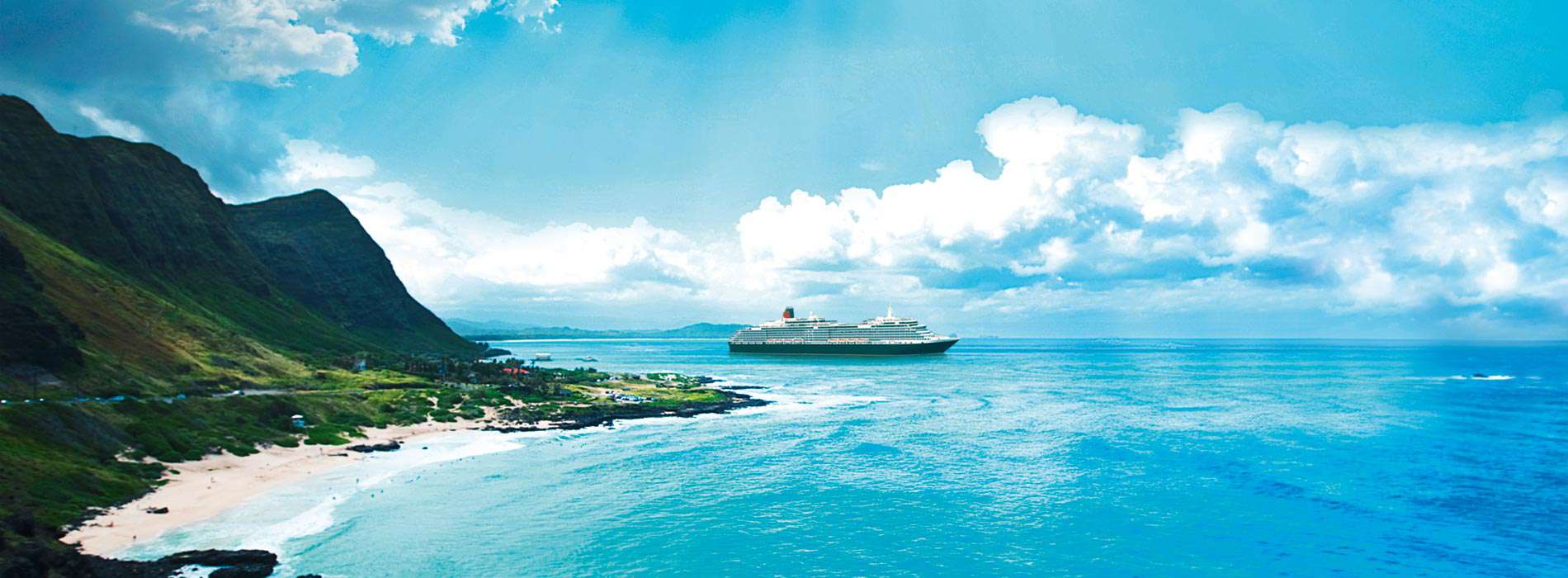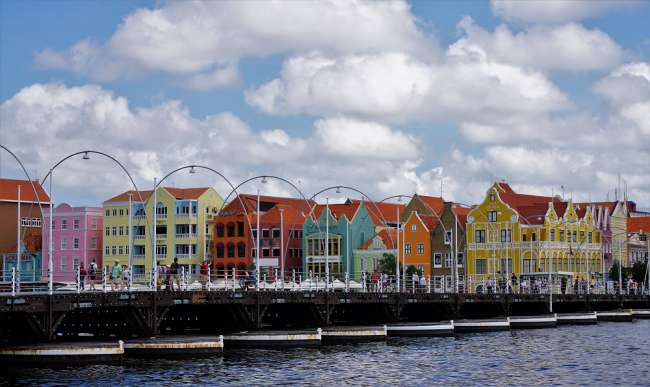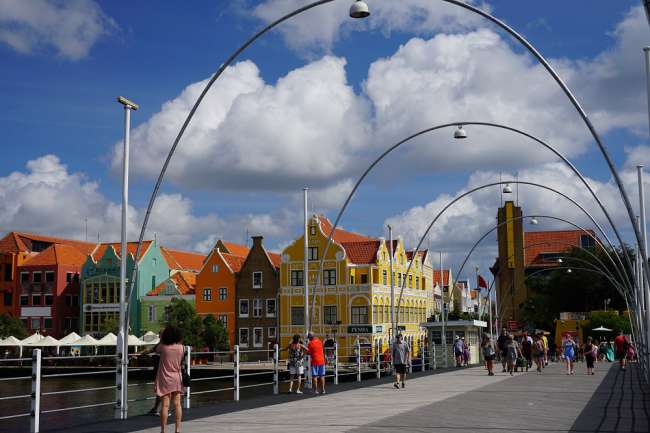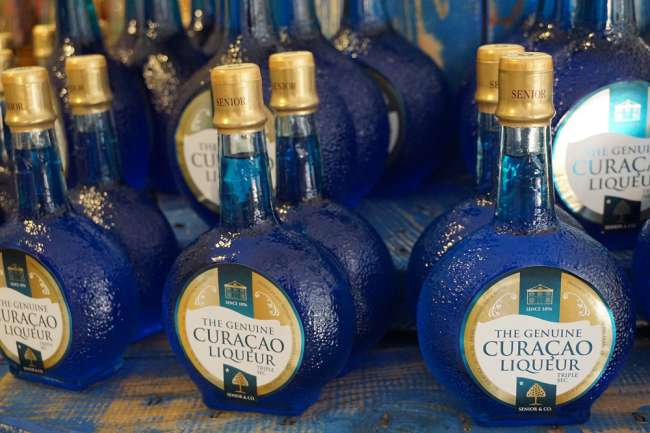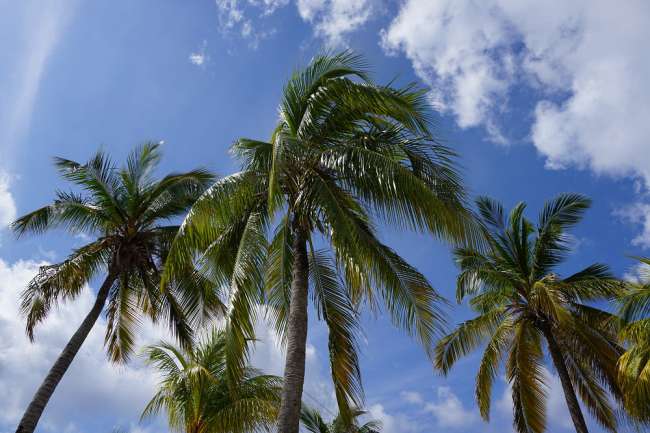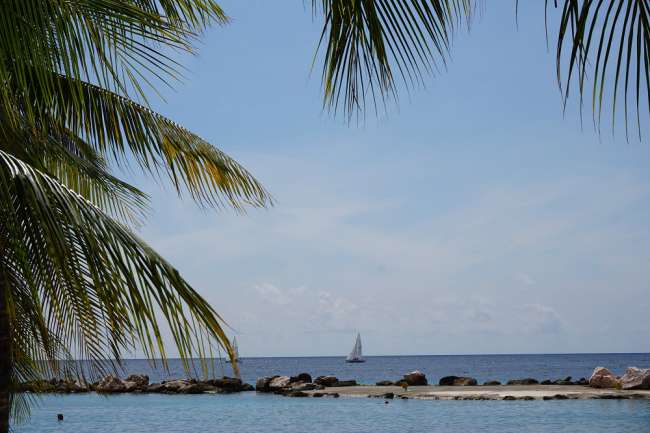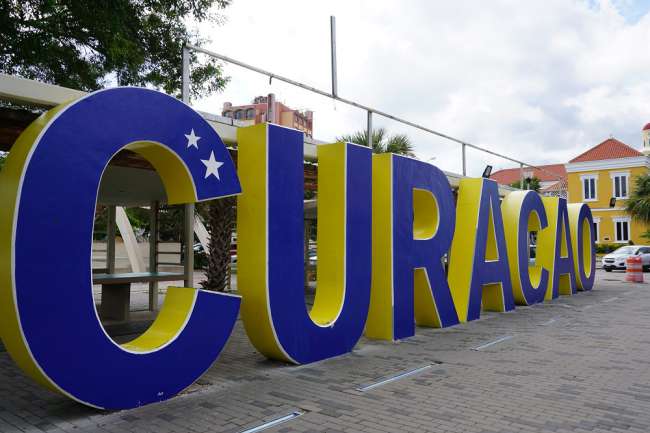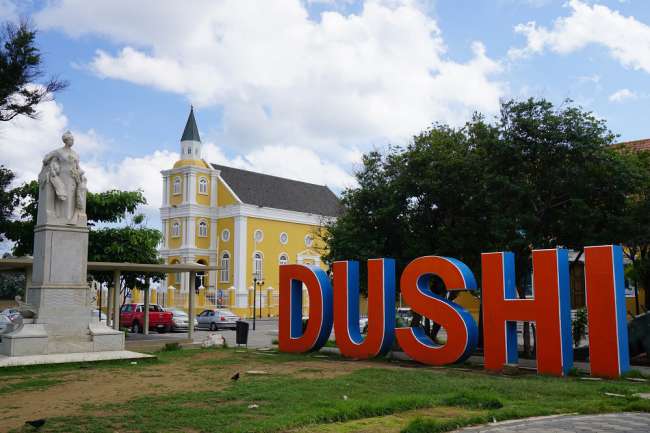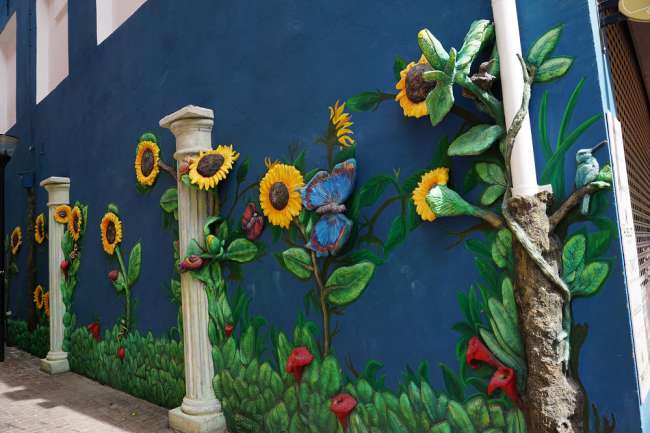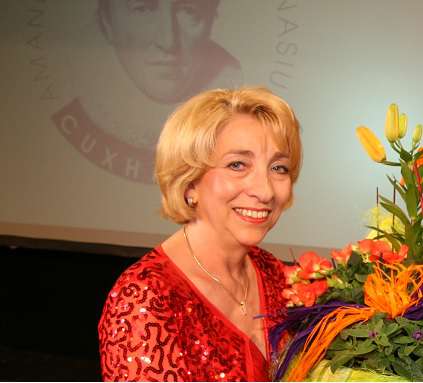
rocking-cuxi-on-tour
vakantio.de/rocking-cuxi-on-tour
CURAÇAO - all DUSHI!
Wɔatintim: 23.01.2017
Kyerɛw wo din wɔ Newsletter no mu
Doesn't this look beautiful? Like Amsterdam, but with temperatures around 28 degrees! This beautiful treasure chest is called Willemstad. And because everything here is so pretty, there is a word for it: dushi, meaning beautiful, nice, lovely, pleasing, and anyone who is called Dushi should feel like a "treasure".
The Dutch flair comes from the fact that Curaçao is an autonomous state in the Kingdom of the Netherlands, where besides Dutch, Papiamentu is mainly spoken, which is a linguistic mix of Portuguese, Spanish, Dutch, and English additions. It sounds really cute: Thank you means "danki", good day means "boni tardi", good night means "boni nochi". The children here learn Papiamentu first, then Dutch, then English, and then Spanish during their school years, so they are multilingual.
As you can see in the photo, Willemstad, the capital of Curaçao, offers a very beautiful Dutch Baroque-style facade with typical gables. The Queen Emma Bridge, which has been in service since 1888, is the world's only floating wooden bridge, also known as the "ferry bridge", and in the evening it is illuminated with its arches, just like the bridges in Amsterdam.
But it's not just this part of Willemstad that is so appealing, actually the whole island, which I toured. It is because of the beautiful houses, good roads, everything is very clean and well maintained. This makes Curaçao distinctly different from other Caribbean islands. Since the island has a port and also industry and companies, the unemployment rate is not as high and healthcare is available to everyone.
Of course, I also tried the national drink, the Curacao liqueur, which comes in various flavors (chocolate, tamarind, orange, coffee) in addition to its azure blue color. Actually, the liqueur is clear, but it is dyed in different colors depending on the flavor. Colorful is definitely in fashion here, in every respect.
So overall, it is a beautiful island, relatively safe, as there is even a special police force for tourists, and they are easy to spot, just by the way they dress.
Only the beaches do not offer the classic dream beaches of the Caribbean, they have beautiful sand and crystal-clear, green-turquoise water, but they are very commercialized. (Starbucks, Subway, etc.).
But overall, it is truly an island worth visiting.
Otherwise, there is a certain hustle and bustle on the ship to prepare for the passage through the Panama Canal. The tender boats must be lowered a bit because width needs to be saved. So an armada of technicians checks the boats. Then the captain announces that the order of the passing ships has now been determined. A convoy is formed for each passage, and since the QE is number one, we have to be there in the morning, even a half hour earlier, so we have to leave a half hour earlier from Cartagena, Colombia, the evening before the passage. My camera club met today and we were briefed on what to consider in order to take beautiful photos. You should often change decks to get different perspectives, you can apparently also see crocodiles, so it's a good idea to go to Deck 3. So it will be really exhausting and exciting, as there will be over 30 degrees Celsius with 95% humidity. The bow, where the camera is, will be opened for the passengers, so you can take a look at the camera (January 25th, starting at 7:30 a.m. local time, all day long, the time difference is, I believe, now 6 or 7 hours). Three of the photographers will go ashore and take photos from land. The whole thing will be commented and explained by an expert for 7 hours over the ship's speakers. He already prepared us with a very interesting lecture on the history and technology of the canal. Everyone is really looking forward to this highlight.
By the way, the shipping company will have to pay $300,000 for the passage, so it is already quite expensive.
Tomorrow, however, we will first dock in Cartagena, Colombia. I also expect a beautiful and historically-architecturally interesting city.
See you soon! Eva
Content
Kyerɛw wo din wɔ Newsletter no mu
Anoyie
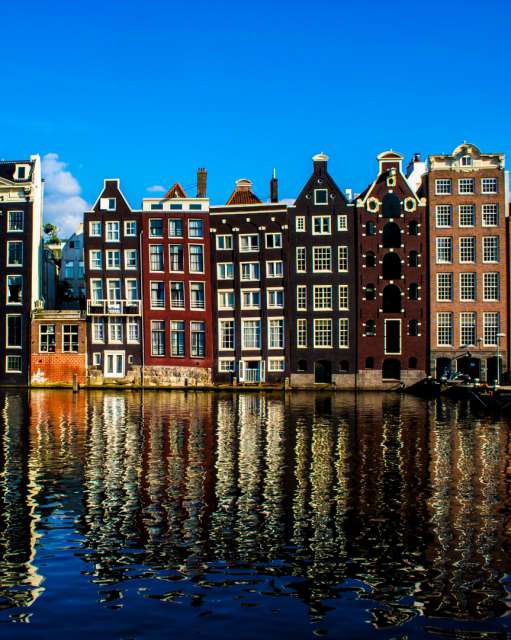
Akwantuo ho amanneɛbɔ Netherlands na ɛwɔ hɔ
